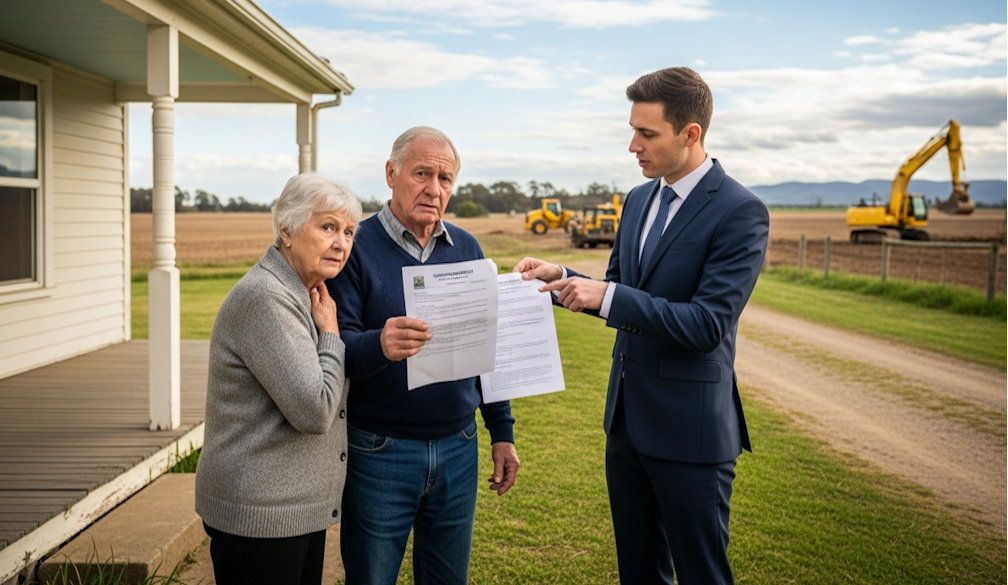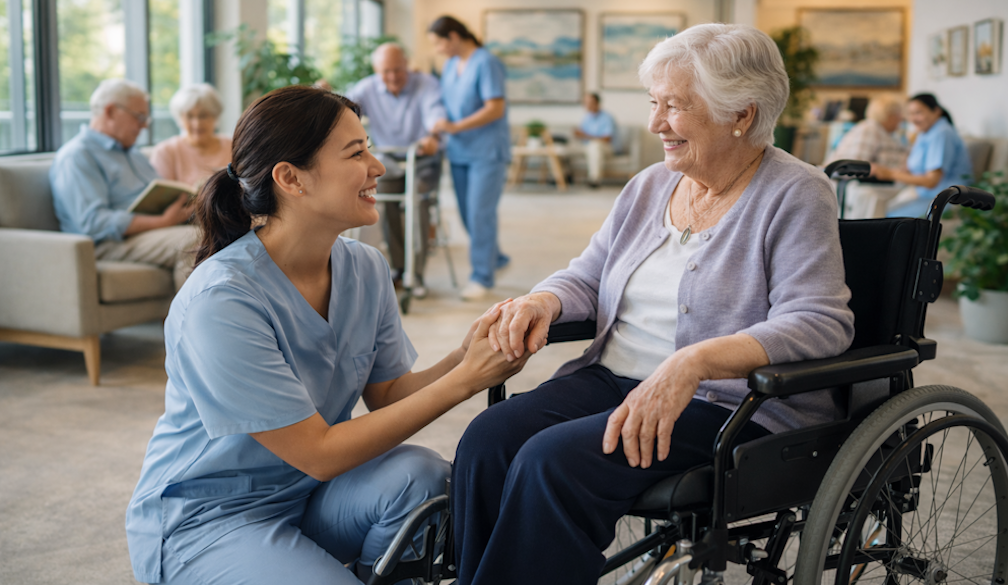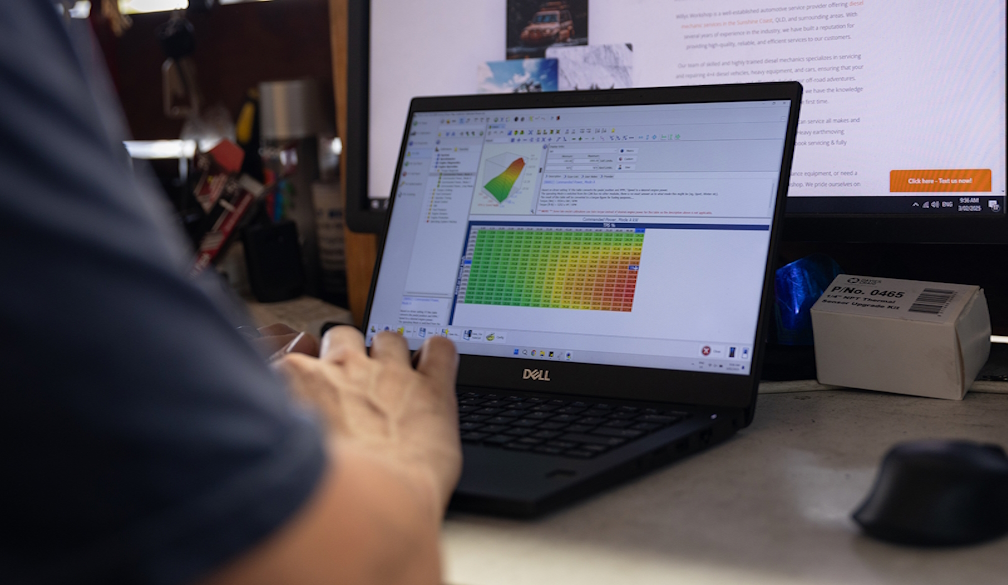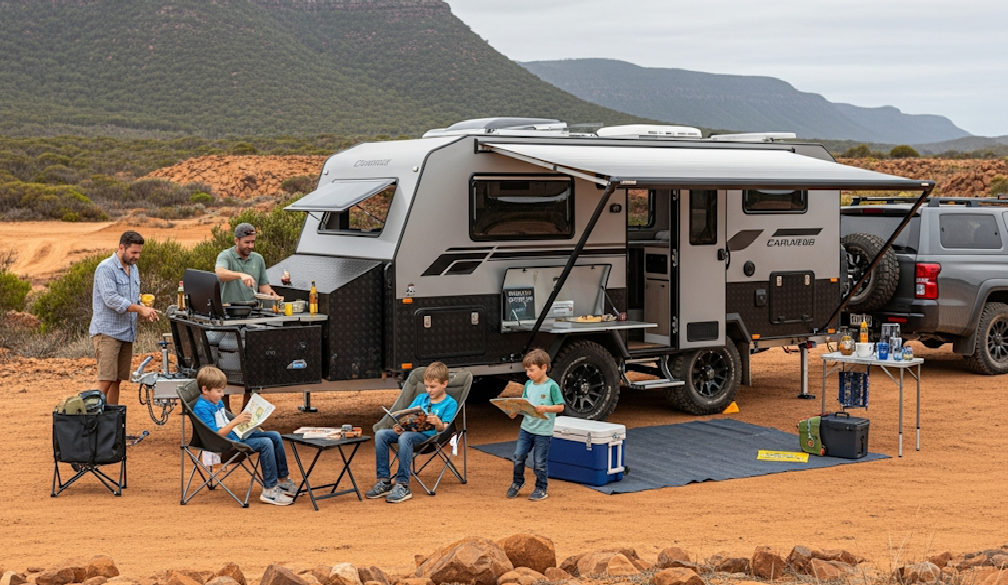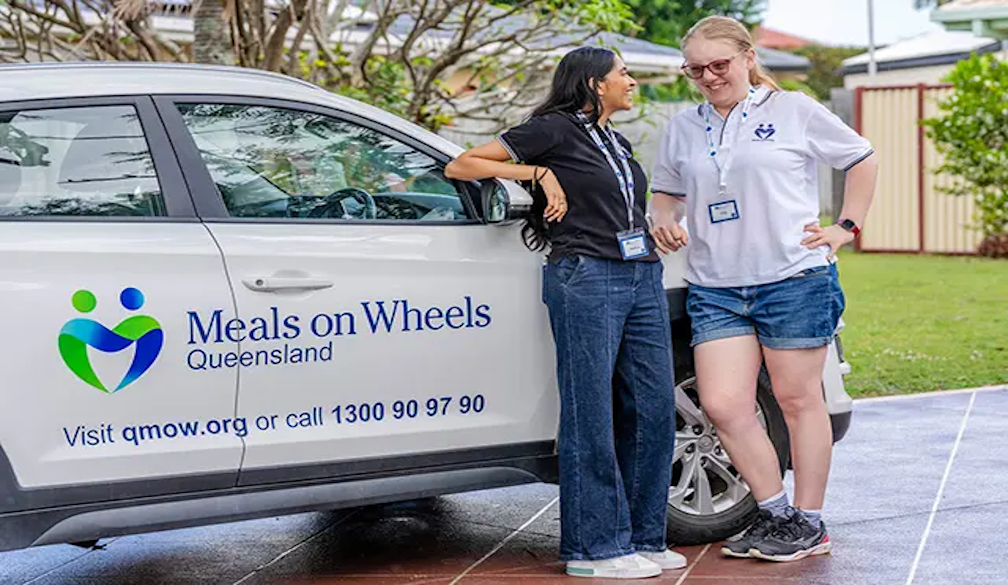The report, titled Pathways for transforming the cancer ecosystem: A patient-centred framework was compiled from more than 100 interviews with key stakeholders including patients, patient support organisations and other community groups, clinicians, researchers, multiple industries, and healthcare decision-makers.
APOA is an initiative by the Pinnacle Program, established by Rare Cancers Australia in 2017. APOA's stakeholders have launched this report outlining how we can all do more to improve cancer survivorship in the region. Cancer is a disease that has severely impacted all countries in the region and the Asia-Pacific region accounts for more than half of global cancer deaths.
"There are major economic and social benefits to treating cancer but each market in the region will need to have a strategy to sustainably provide better prevention and care services for their community. Health systems are grappling with growing healthcare expenditures, ageing populations, chronic diseases and the relatively high costs for new technologies." said Richard Vines, Chief Executive Officer of Rare Cancers Australia (RCA), which established the APOA.
"Listening to and respecting patients will help us make better decisions. Patients experience the health system from the inside out, they bring a unique perspective that can help administrators find the most efficient way forward. If you want to understand our traffic systems, it is valuable to speak to taxi drivers because they spend every day navigating our roads and motorways. The same is true of patients, they bring a unique perspective on how the health system works and how it can be made better."
"The world is waking up to the value patient representatives provide to the community, how patient voices can help improve systems, and that patient engagement leads to better healthcare and outcomes. In every interview we carried out, we kept hearing this message time and again," he added.
Carmen Auste, CEO Cancer Warriors Foundation Philippines, Vice President, Cancer Coalition Philippines and civil society representative of the Philippine National Integrated Cancer Control Council, described the report as a landmark multi-stakeholder, collaborative initiative "demonstrating the value of sharing stories; capturing lived patient experiences, good practice models and innovations".
"By sharing our stories and insights learned from our experiences, we inspire others, spark their imagination and fuel their passion. Our stories, our experiences, our shared concerns and dreams, connect us all and become the driving force for transformational change," she said.
Jenny Zhang, from Chinese patient organisation House086, says the perception of cancer has changed in her country over the past decade.
"People used to associate cancer with fear and wanting to run away because of the harsh reality of limited treatment options, no money for treatment and no confidence," explained Zhang.
"Now we can face cancer and more people hope to live with cancer. We have more access to medicine, the means to afford treatment, and the confidence to fight. For most people, a lot has changed," she added.
The APOA report highlights and celebrates examples of successful regional projects ranging from education, diagnosis, support and treatment initiatives. For many of these, the patient voice was critical in establishing a project that was effective, as well as accommodating local cultural considerations.
The 36 case studies highlight ways cancer care, support and outcomes can be improved, taking some of the fear out of a cancer diagnosis. Some examples detailed in the report highlight:
- How patients can be directly involved in assessing the value of new treatments, services, or policies to save lives in different countries across the region.
- The ways patients' needs can be considered more holistically. For example, a needs assessment tool for Breast Cancer in Malaysia is helping to identify patient needs related to emotional support, social and intimate relationships, hospital appointments, personal care and health, and information and services.
- How local doctors are important leaders to fight misinformation, advocate and share the best evidence around cancer and treatment in the region. For example, in Vietnam a network of doctors, medical students and volunteers are working to improve cancer-related literacy at the community level.
- That local community leaders and volunteers can make a huge difference, with one collaborative in India helping to mobilise the community and set a standard for palliative care to become more readily available for the patients who need it.
- Improving access to treatment options using innovative approaches and shared investments, for example the Access to Oncology Medicines work to sustainably increase the availability, affordability, and appropriate use of cancer medicines in lower income countries.
- The needs of patients beyond medical treatment:
- The Hope Foundation, a patient organisation in Taiwan, created a dedicated website to recognise the unique needs of younger people diagnosed with cancer, specifically in relation to fertility, after 40% of patients reported inadequate access to information.
- The development of resources and support specialists for workplaces and patients in Japan to increase the ability for people to return to work or to balance treatment and work commitments.
For more information and to download the full report, please visit https://pinnacle-patient.com/asia-pacific-oncology-alliance.Hashtag: #AsiaPacificOncologyAlliance #PinnacleProgram #RareCancersAustralia #Oncology #Cancer #Healthcare
https://pinnacle-patient.com/asia-pacific-oncology-alliance
The issuer is solely responsible for the content of this announcement.
About the Pinnacle Program and the Asia Pacific Oncology Alliance
The Pinnacle Program is a peer-to-peer mentoring program developed by Rare Cancers Australia for patient support organisations (PSOs) across the globe. The mission of the Pinnacle Program is to support, connect and empower PSOs and improve the health outcomes of patients across the Asia-Pacific region.
APOA is a network of stakeholders (comprising of patients, patient organisations, clinicians, researchers, multiple industries, and healthcare decision-makers) from across the cancer continuum who are committed to improving cancer survivorship in the Asia-Pacific region.



